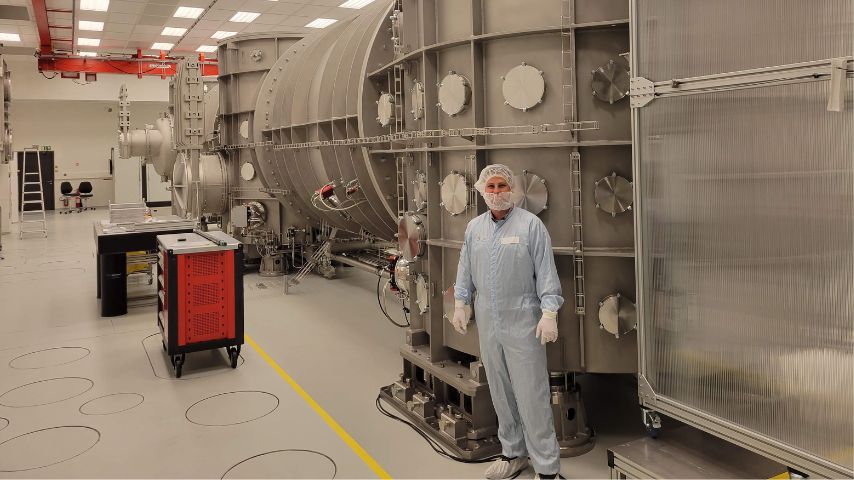New Report Calls for Federal Investment to Grow Tech-Hubs in the Heartland
New Report Calls for Federal Investment to Grow Tech-Hubs in the Heartland
A new report published by the Brookings Institution and the Information Technology and Innovation Foundation (ITIF) found that 90 percent of all tech jobs created from 2005 to 2017 were based in five metropolitan cities: Boston, San Diego, San Francisco, San Jose and Seattle. The authors of the new report—titled “The case for growth centers: How to spread tech innovation across America”—are recommending that Congress do something about this by investing in 8-to-10 tech hubs in America’s heartland. The selected cities would then be eligible to receive financial and regulatory support for 10 years in order to establish itself as a self-sustaining center for innovation.
The idea is already garnering support among Members of Congress, including support from Senate Competiveness Caucus co-chairs Senators Chris Coons (D-DE) and Jerry Moran (R-KS). As caucus co-chairs, Senators Coons and Moran work towards fostering greater awareness and understanding of issues critical to U.S. economic growth, specifically focusing on how America can maintain its position as a driving force of global innovation.
The report contains five main takeaways:
- Regional divergence has reached extreme levels in the U.S. innovation sector.
- High levels of territorial polarization are now a grave national problem.
- Markets alone won’t solve the problem; federally led, place-based interventions will be essential in ameliorating it.
- The nation should counter regional divergence by creating eight to 10 new regional “growth centers” across the heartland.
- Numerous metropolitan areas in most regions have the potential to become one of America’s next dynamic innovation centers.
The report addresses each of these five takeaways in order to frame and solve the problem the report reveals. The problem is that “rather than growing together, the nation’s regions, metropolitan areas, and towns have been growing apart. That has been a shock for mainstream economists and policymakers who have long trusted the self-regulating nature of the regional economics market. And indeed, for much of the 20th century, market forces had tended toward ‘convergence’ among communities—reducing wage, investment, and business formation disparities between more- and less-developed regions.”
ASME will continue to monitor any developments should Congress act on any of the report’s findings or recommendations.



